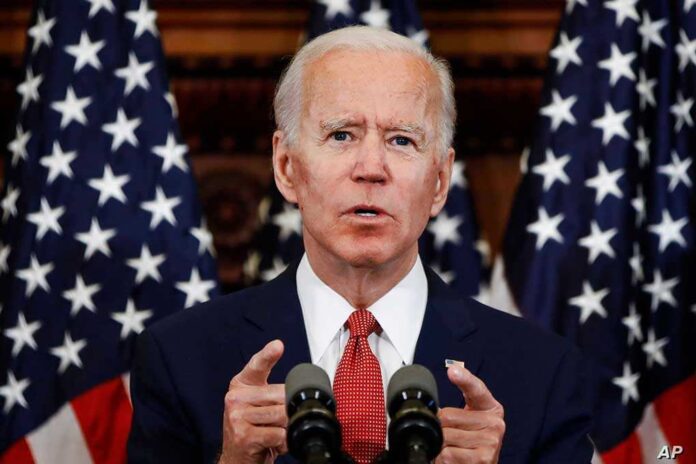
President Biden’s clemency initiative marks a significant shift in addressing non-violent offenses, commuting 1,500 sentences and granting 39 pardons.
At a Glance
- Biden’s initiative emphasizes second chances for non-violent offenders.
- The move includes 1,500 sentence commutations and 39 pardons.
- This approach particularly benefited those successfully reintegrated into communities.
- The clemency represents the largest single-day act in US history.
Clemency Initiative’s Impact
President Biden’s recent clemency decision has commuted sentences for 1,500 individuals and pardoned 39, focusing on non-violent offenders. This initiative emphasizes second chances, highlighting individuals who’ve reintegrated into society post home confinement. Veterans and healthcare workers add emphasis on community contributions. The initiative is part of Biden’s criminal justice reform agenda, aiming to ensure justice and support rehabilitation.
Critics and supporters alike view this as a move towards addressing historical injustices. President Biden stated, “America was built on the promise of possibility and second chances” in his defense of the initiative. Among the recipients of his clemency decision are a decorated military veteran, a nurse involved in emergency response, and an addiction counselor. These selections underscore a focus on community engagement and individual rehabilitation.
Focus on Rehabilitation and Justice
Biden’s administration has also placed attention on expanding opportunities for rehabilitation through partnerships with the Department of Labor and initiatives like Reentry 2030. Additionally, the Department of Veterans Affairs is expediting benefit restoration for veterans. The Department of Education is broadening the Second Chance Pell Initiative to provide educational opportunities for the incarcerated. These reforms align with America’s dedication to “empower those who have been incarcerated to become productive, law-abiding, members of society, and reduce crime and make our communities safer.”
The Biden administration has engaged in significant interdepartmental efforts to reduce recidivism and promote job skills for formerly incarcerated individuals. This is encapsulated through partnerships with DOJ and DOL, aiming to inject $145 million into supporting job skills training and reentry plans. Their strategic direction establishes Biden’s administration as a proponent of equal justice and systematic reform within the justice system.
Addressing Criticism and Future Prospects
Despite the focus on rehabilitation, Biden faced criticism over the pardon granted to his son, Hunter Biden, on gun and tax charges, leading to calls for future transparency in his clemency decisions. On this, Biden is committed to reviewing more clemency petitions with a focus on equal justice and public safety, with an acknowledgment that clemency decisions implicate federal cases exclusively.
The clemency initiative heralds a unique precedent, marking Biden as the first President to issue categorical pardons for simple marijuana use and possession as well as former LGBTQI+ service members affected by discrimination based on their orientation. Moving forward, Biden’s administration’s alignment with justice reform agendas suggests more proactive measures to sustain this momentum.
Sources:
- FACT SHEET: Biden-Harris Administration Expands Second Chance Opportunities for Formerly Incarcerated Persons | The White House
- Biden commutes the sentences for 1,500 people, the largest act of clemency in a day – OPB












